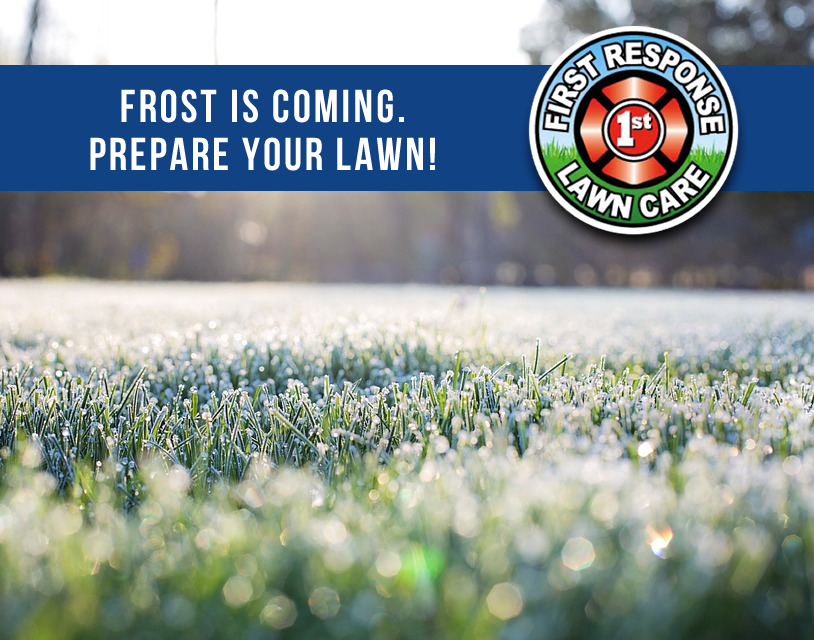Looks like freezing temps are in our future. If you have a sprinkler system, be sure to turn off your controller to avoid busted pipes and frozen driveways. Here are some water conservation tips for all and winter months.
FALL WATER CONSERVATION TIPS
In the fall, plants require less water. Adjust your system accordingly.
Thinking about overseeding your yard? Over-seeding warm-season lawns, such as Bermudagrass, with cool-season grasses, such as perennial rye grass in the fall can provide a beautiful landscape until spring in Texas. However, from a water conservation standpoint, landscaping experts don’t recommend over-seeding with perennial ryegrass. An over-seeded lawn will require more irrigation because of the water needs of cool-season grasses versus the reduced water requirements of dormant warm-season grasses. When establishing new lawns in the fall, apply for a short-term watering variance. It will allow daily irrigation of new sod or over-seeded grasses for 30 days without risk of a citation.
To prepare for winter and freezing conditions, turn off water, drain valves and blow out excess water in the lines with compressed air.
Disconnect, drain, coil and store garden hoses to reduce wear.
Check your water usage history for unusual changes that may signal leaks or other wasteful problems.
If you have a sprinkler system, it’s a good time to have it checked out by a professional. Call First Response Lawn Care if you need an inspection of your irrigation system.
BUCKLE DOWN FOR WINTER
Tree roots continue to grow during the winter. If extended dry spells are experienced, consider hand watering your trees once a month.
Check your lawn. Warm-season grasses (like Bermudagrass) go dormant during winter months, but they still require adequate moisture. Cool-season lawns, like tall fescue, only need 1″ of water every two weeks. Irrigate your lawn in the morning during warmer winter days to avoid winter kill if dry conditions persist.
Turn sprinklers off during freezing temperatures to avoid icy streets and can even result in a fine.

